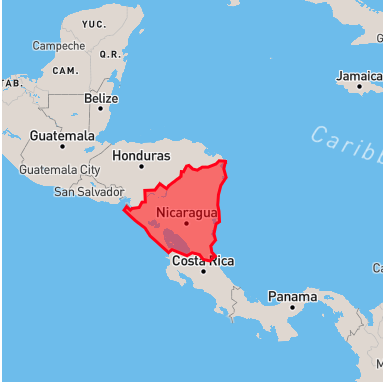ProtectDefenders.eu partners received with concern recent information about the excessive use of force by the National Police to repress journalists and members of the Nicaraguan Center for Human Rights (CENIDH), including its president Vilma Núñez, during a peaceful demonstration in front of the facilities of the newspaper Confidencial. CENIDH is an organization for the promotion and protection of human rights that is a member of the SOS-Torture Network of the OMCT, as well as of the FIDH, both ProtectDefenders.eu partners.According to the information received, on 14 December 2020, a group of journalists and members of CENIDH held a press conference in front of the facilities of the newspaper Confidencial, to commemorate the two years of the closure of the facilities of organizations human rights and the media. At the beginning of the conference, the National Police violently dispersed the peaceful gathering and attacked the participants.
 A separate worrying incident was reported earlier in December 2020, when a relative of human rights defender John Cerna visited him in Jorge Navarro penitentiary, also known as “La Modelo” in the city of Tipitapa, Managua. After the visit, his relative reported that the student rights defender showed serious signs of physical and psychological torture, and that he was lacking adequate medical attention in the maximum-security cell that was transferred to on 16 September 2020. John Cerna is a civil and political human rights defender and a prominent student leader who is actively involved in pro-democracy activism in Nicaragua. He is a member of the Movement for University Autonomy and the Student Defense Movement.
A separate worrying incident was reported earlier in December 2020, when a relative of human rights defender John Cerna visited him in Jorge Navarro penitentiary, also known as “La Modelo” in the city of Tipitapa, Managua. After the visit, his relative reported that the student rights defender showed serious signs of physical and psychological torture, and that he was lacking adequate medical attention in the maximum-security cell that was transferred to on 16 September 2020. John Cerna is a civil and political human rights defender and a prominent student leader who is actively involved in pro-democracy activism in Nicaragua. He is a member of the Movement for University Autonomy and the Student Defense Movement.
According to RSF, censorship, intimidation, and threats against journalists are common in Nicaragua (ranked 117 in the 2020 World Press Freedom Index). President Daniel Ortega’s reelection in November 2016 for a third consecutive term was accompanied by many attacks on the media, especially opposition media outlets. Journalism as a whole is stigmatized and journalists are often the targets of harassment campaigns, arbitrary arrest and death threats. At demonstrations, reporters are treated as participants and are often physically attacked.


